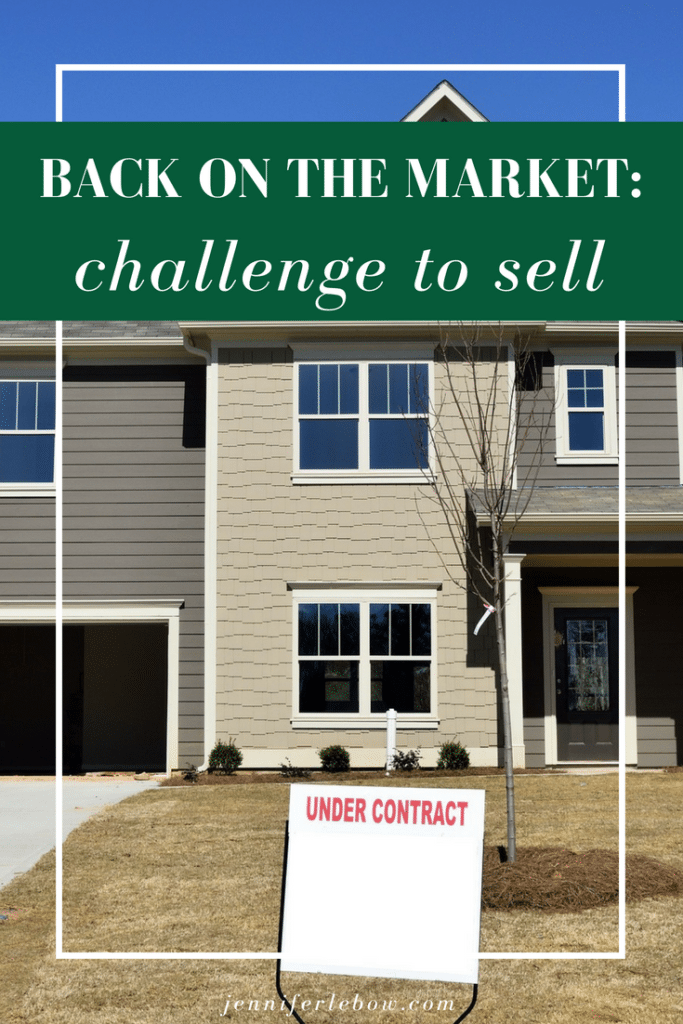
During the most recent spring market, we have been seeing a lot of multiple bid situations with over-asking offers. There are very few homes, especially updated ones, on the market on the Main Line and they are highly sought after. Interestingly, a trend I’ve noticed is that when some of these properties go right under contract but then the deal falls though and they come back on, they are suddenly nowhere near as popular and can sit on the market for several weeks before going back under contract, often at a much lower price. While I have no empirical evidence as to why, I have some theories. The first is that the reason the houses are going for over-asking prices initially is less a reflection in their market value (in terms of comparable sales indicating most likely sales price) than a supply and demand issue.
What I mean is: consider a buyer who is desperate to find a house in the area. This buyer doesn’t mind spending $20,000 above asking (often, 80% of that difference will be mortgaged) just to secure the purchase. No more worrying about not finding a house, having to rent, etc. Now, let’s say that buyer gets cold feet about “overpaying”, or the buyer has inspections done and can’t come to an agreement with the seller (who says, “I’m not going to fix anything; I have lots of back up offers”) over repairs. In either of those scenarios, the buyer may terminate the contract. Then the property comes back on the market.
When other buyers see it become available again, they wonder, “Why did the previous buyer back out?” Many prospective buyers re-evaluate just how much they are willing to offer. The loss of “frenzy” that was present initially begets even further loss of momentum; when people are less worried the house will be “snapped up” by another buyer, they are less likely to submit an offer. Therefore, when a third or fourth party inquires whether the listing agent is holding any offers, the answer may be “no”. The result is the prospective buyers all feel less pressure to write offers, or to write them at asking or over-asking price.
The take-away? If you are a seller and receive multiple bids, recognize that the highest bid may not be the most likely to close. Consider the financing piece, whether there is an appraisal contingency, etc. and choose carefully. As far as inspections go, it’s always a fine line between not giving back more money (in the form of credit or repairs) than you need to, and losing the sale because the buyer wanted more. Be aware that letting the deal fall apart because of a few thousand extra dollars for repairs may end up costing you much more in both net proceeds and time and stress. Talk to your agent for advice.


Leave a Reply